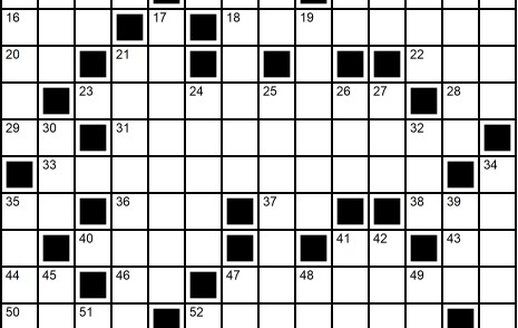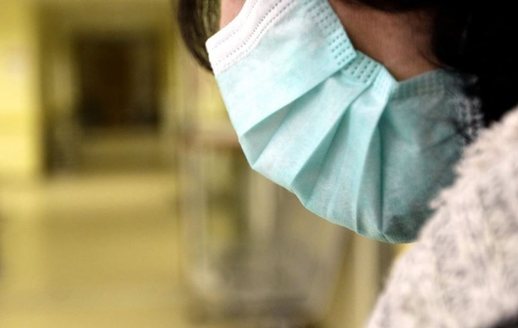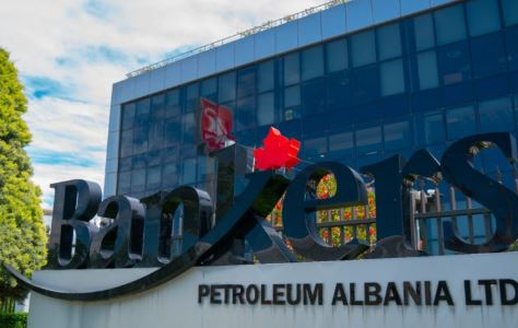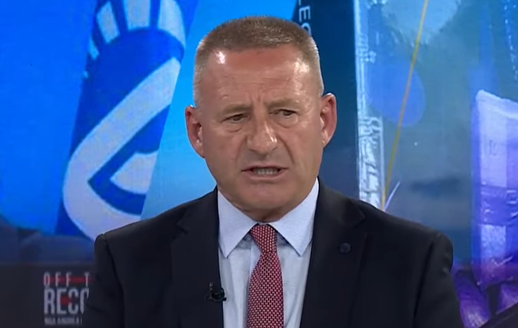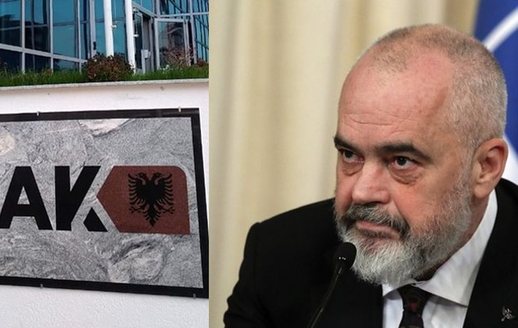
The SP's political academy, a big joke


Parties such as the SPD in Germany, the PSOE in Spain or the Labour Party in Britain have been organizing political academies or training institutes for young people, activists, members and new MPs for decades. The purpose of the functioning of these structures is to serve both to improve internal democracy, sensitivity to social issues, familiarization with party and parliamentary bureaucracy but also to conceptualize the archetype of modern political leadership.
This tradition has also been attempted to be built by the Socialist Party over the years, which in 2011 conceived the political academy, starting with a group of graduate students, brought it back in 2016 through the "Qemal Stafa" Foundation, with 120 participants under the leadership of Olta Xhaçka, followed by the opening of applications in 2024 with the "Deputy We Want" platform and culminated today with the new deputies. However, unlike its sister parties in the West, the SP's political academy has served more as a PR and show instrument than as a mechanism for renewing and restructuring the SP's internal democracy.
The Socialist Party today resembles more a centralized technocratic organization, which functions through discipline and clientelism, than a pluralistic party where ideas are generated, debates are built and visions compete. The steering council, the presidency, the youth forums, the socialist women are not autonomous structures with their own voice, but instruments in function of the chairman's agenda. Edi Rama not only leads, but embodies the party at every level: rhetoric, decision-making, public communication, international representation. No one else has created such a dominant figure since the time of the Labor Party than the current leader. The lack of internal rivals, the fear of articulating different opinions and the exclusion of those who deviate, have turned the SP into a structure built around the person, not around principles.
The party is the chairman, and the chairman is the party. This is a perception that reflects the reality of the centralization of power within the SP. This has weakened the role of the party forums and discouraged critical debates within it. Any dissident voice is either removed or marginalized.
Essentially, internal democracy in the SP remains a facade, maintained for the purposes of public image and electoral legitimacy, but which does not translate into an internal culture of functional democracy. Moreover, the SP displays a superficial hyperactivism in the media and social networks, where the party’s activities are well-curated in form and image, but empty in content. Every meeting, forum or discussion seems more like a show for the cameras than a real process of listening to and reflecting on the concerns of the membership or citizens. And this activity is a show in hot weather and a fodder for the news where the DP recounts have created their routine where there is no more news.
However, the aspect of internal party democratization is not a purely procedural issue, but a danger to the country's democratic system itself, since the lack of democracy in the main political parties reflects in parliament and government and in the way citizens and institutions are treated.
Democracy begins within parties, when it is absent there, it is endangered throughout society. This is why the lack of internal democracy is not only an internal party problem, but a danger to the entire political system and society.
Autocratic parties give rise to autocratic governments. Silence within party forums reflects tomorrow in parliamentary and governmental silence. The manifestation of worship of the leader as worldview, pragmatism, survival or character degeneration in party forums will certainly manifest itself multiple times in parliament and government tomorrow. On the other hand, leadership flattered by such typologies above encourages and nourishes this spirit even more as a need for ego fulfillment and a need for eternal power. So even this activity, packaged with the Western label of political academia, has only the name, the content is typically Balkan.
Happening now...

83 mandates are not immunity for Rama's friends
ideas
top
Alfa recipes
TRENDING 
services
- POLICE129
- STREET POLICE126
- AMBULANCE112
- FIREFIGHTER128




